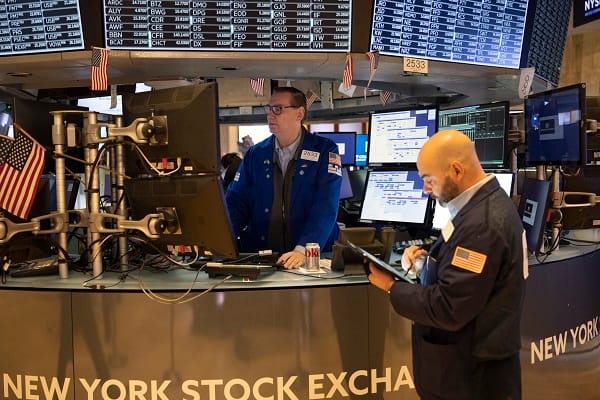
"The Dow Jones Industrial Average fell 2.92%, while the S&P 500 and Nasdaq Composite declined 2.36% and 2.17%, respectively. Smaller-cap stocks were hit harder, with Russell 2000 plunging to 4.17%. This performance marked the worst week since the early-April tariff-driven sell-off, primarily due to renewed trade tensions. President Trump signed an executive order to raise tariffs on most trading partners, leading to cautious investor sentiment."
"The July jobs report showed the U.S. economy added just 73,000 jobs, below expectations, and the unemployment rate increased to 4.2%. Job numbers for May and June were revised downward by a combined 258,000."
"The Fed's preferred core PCE index rose 0.3% month-over-month in June, pushing the year-over-year rate to 2.8%, still above the central bank's 2% target."
"Earnings season revealed mixed responses in the corporate sector. While 82% of reporting S&P 500 companies beat earnings expectations, concerns about rising input costs due to tariffs emerged. Ford projected a $2 billion impact from tariffs this year."
U.S. markets experienced a significant downturn, with major indices like the Dow Jones falling 2.92%. The drop was attributed to escalating trade tensions, following President Trump's executive order to raise tariffs. Job growth recorded only 73,000 new jobs in July, prompting concern as unemployment rose to 4.2%. The Federal Reserve noted moderated economic activity while core PCE inflation reached 2.8%. Mixed corporate earnings reactions emerged, with 82% of S&P 500 companies exceeding expectations, although concerns over rising costs due to tariffs were significant, highlighted by Ford's $2 billion tariff impact projection.
Read at London Business News | Londonlovesbusiness.com
Unable to calculate read time
Collection
[
|
...
]